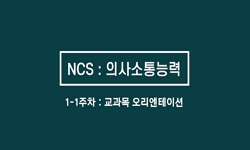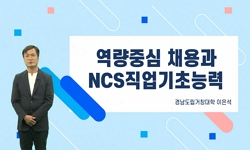This paper is aimed to evaluate the communicative competence of Korean EFL learners through the Discourse Completion Tasks(DCT) analysis. The present study has the following purposes. The first purpose is to analyse the discourse completion data colle...
http://chineseinput.net/에서 pinyin(병음)방식으로 중국어를 변환할 수 있습니다.
변환된 중국어를 복사하여 사용하시면 됩니다.
- 中文 을 입력하시려면 zhongwen을 입력하시고 space를누르시면됩니다.
- 北京 을 입력하시려면 beijing을 입력하시고 space를 누르시면 됩니다.
https://www.riss.kr/link?id=A82297110
- 저자
- 발행기관
- 학술지명
- 권호사항
-
발행연도
2003
-
작성언어
-
- 주제어
-
KDC
740
-
등재정보
KCI등재
-
자료형태
학술저널
-
수록면
168-184(17쪽)
- 제공처
-
0
상세조회 -
0
다운로드
부가정보
다국어 초록 (Multilingual Abstract)
This paper is aimed to evaluate the communicative competence of Korean EFL learners through the Discourse Completion Tasks(DCT) analysis. The present study has the following purposes. The first purpose is to analyse the discourse completion data collected from Korean middle school students and university students. The second one is to suggest the discourse syllabus model for the 8th national curriculum in Korea. This study reveals the results that Korean EFL students use very limited strategies and expressions for thanking, apologizing, requesting and offering functions. So we need to teach Korean EFL learners how to select useful strategies for language functions, devise the discourse syllabus and consider the discourse approach to EFL context in further study.
동일학술지(권/호) 다른 논문
-
- 현대영어교육학회
- 오관영(Oh, Kwan-Young)
- 2003
- KCI등재
-
- 현대영어교육학회
- 이윤숙(Lee, Yoon Sook)
- 2003
- KCI등재
-
- 현대영어교육학회
- 이현구(Lee, Hyun-Gu)
- 2003
- KCI등재
-
- 현대영어교육학회
- 박경미(Park, Kyeong Mi)
- 2003
- KCI등재





 KISS
KISS






